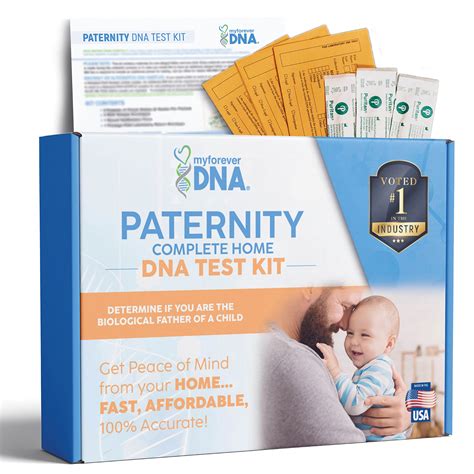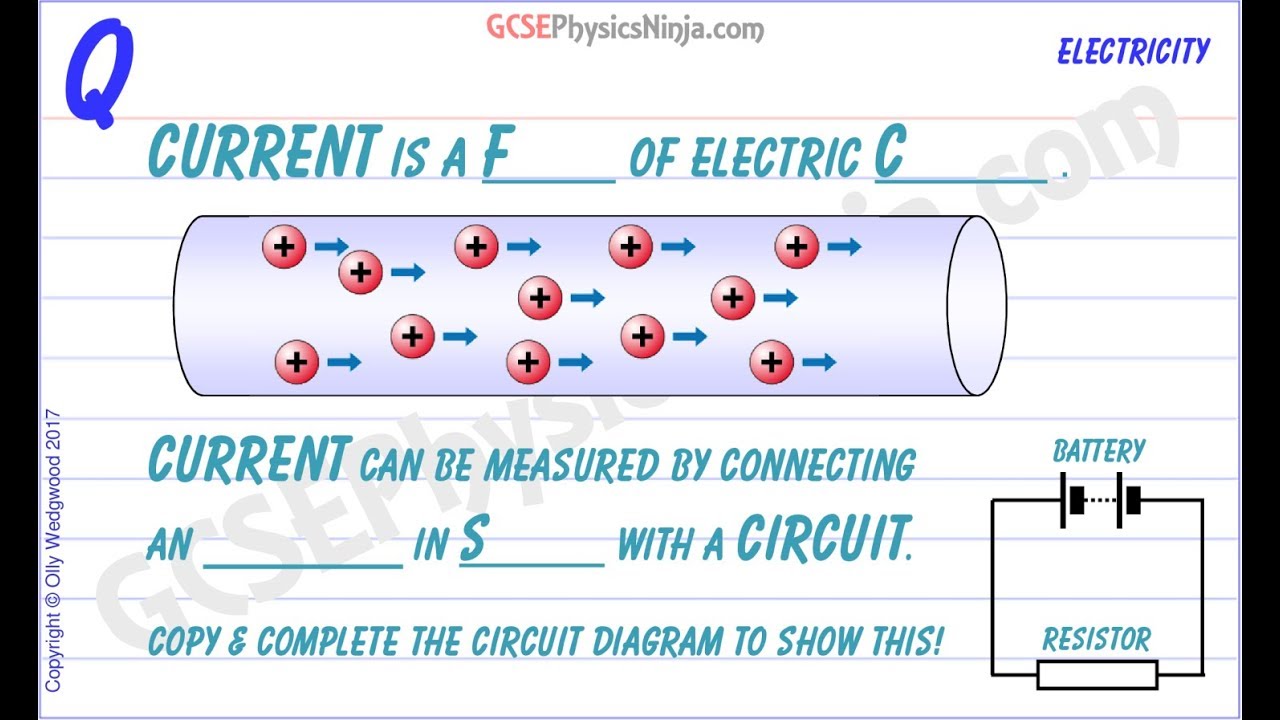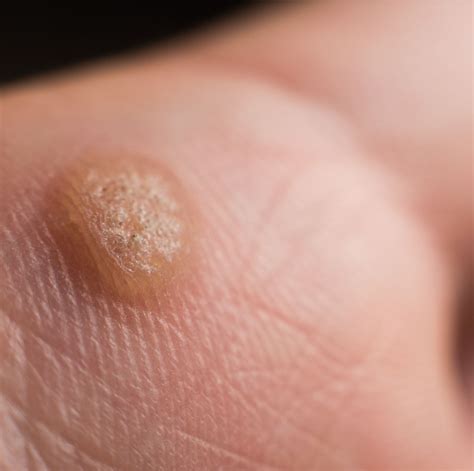Dna Check Kit

The advent of direct-to-consumer genetic testing has made it possible for individuals to uncover a plethora of information about their ancestry, health, and genetic traits from the comfort of their own homes. At the heart of this revolution is the DNA check kit, a small, innocuous-looking package that contains the power to decode the intricate secrets of an individual’s genetic code. But how does it work, and what can you really learn from one of these kits?
Unpacking the DNA Check Kit
A typical DNA check kit comes with a few simple components: a cheek swab or saliva collection tube, a plastic vial for storing the sample, and a pre-paid return envelope to send the sample back to the laboratory for analysis. The process begins with the collection of a DNA sample, usually through a quick and painless cheek swab or by spitting into a tube. This sample contains cells from the inside of your cheek or your saliva, both of which are rich in DNA.
The Science Behind DNA Analysis
Once the DNA sample is received by the laboratory, it undergoes a process called genotyping. Genotyping looks at specific points in your DNA to identify variations. These variations are like spelling differences in the DNA code and can be used to infer a great deal about an individual’s ancestry, genetic predispositions, and traits. The most common method used in direct-to-consumer testing is the analysis of single nucleotide polymorphisms (SNPs), which are the most common type of genetic variation among people.
What Can You Learn from a DNA Check Kit?
The insights gained from a DNA check kit can be broadly categorized into several areas:
- Ancestry: Perhaps one of the most compelling aspects of genetic testing for many is the ability to uncover ancestral origins. By comparing your DNA to that of various populations around the world, these tests can estimate your ancestry composition and even connect you with distant relatives who have also taken the test.
- Health and Wellness: Many DNA check kits offer information on genetic health risks, such as the likelihood of developing certain diseases, and traits related to health and wellness, like lactose intolerance or caffeine metabolism. However, it’s crucial to understand the limitations of these tests, as they are not definitive diagnoses but rather indicators of potential risks.
- Genetic Traits: From eye color and hair texture to preferences for certain tastes or smells, genetic trait reports can offer fascinating insights into why you are the way you are.
Considerations and Controversies
While DNA check kits have opened up new avenues for personal discovery and health management, they also raise several ethical, legal, and social concerns. For instance, there’s the issue of genetic privacy and how your data might be used by third parties. There are also concerns about the accuracy and reliability of the tests, particularly when it comes to health predictions. Furthermore, individuals might experience unexpected discoveries, such as finding out about unknown relatives or uncovering family secrets, which can have profound emotional impacts.
The Future of DNA Testing
As technology advances, we can expect DNA testing to become even more sophisticated, offering deeper insights into our genetic makeup and its implications for our health and well-being. There’s also a growing trend towards the use of whole-genome sequencing, which reads almost every bit of an individual’s DNA, offering a much more detailed view than genotyping. However, with these advancements come even greater challenges regarding data privacy, ethical use, and public understanding of genetic information.
Practical Applications and Next Steps
For those considering taking a DNA check kit, it’s essential to approach the process with a clear understanding of what these tests can and cannot do. Here are some steps to consider:
- Research Different Providers: Not all DNA testing companies are created equal. Look for ones that have a strong reputation for privacy, accuracy, and the range of information they provide.
- Understand the Limitations: Remember that genetic testing is just one tool among many for understanding health and ancestry. It’s not a crystal ball, and results should be considered in the context of overall health and family history.
- Consult with Experts: If you receive health-related information, consider consulting with a genetic counselor or healthcare provider to understand the implications and next steps.
Conclusion
The DNA check kit represents a fascinating convergence of technology, genetics, and personal curiosity. While it offers unprecedented insights into our genetic selves, it also demands a thoughtful and informed approach to its use and interpretation. As we move forward in this genomic era, embracing both the potential and the challenges of genetic testing will be crucial for harnessing its power to improve our lives and our understanding of humanity.
How accurate are DNA check kits?
+The accuracy of DNA check kits can vary depending on the company and the specific test. Ancestry results are generally more accurate than health predictions, but both should be considered in the context of other information and potentially verified through additional testing or consultation with professionals.
Can DNA check kits diagnose diseases?
+No, DNA check kits cannot diagnose diseases. They can provide information on genetic risks, which should be followed up with clinical testing and consultation with healthcare professionals for a definitive diagnosis and appropriate management.
How do I choose the best DNA check kit for my needs?
+Consider what you hope to learn from the test (ancestry, health, traits), research the company’s reputation for accuracy and privacy, and read reviews from other users. It’s also important to understand what kind of support and resources the company offers for interpreting your results.


